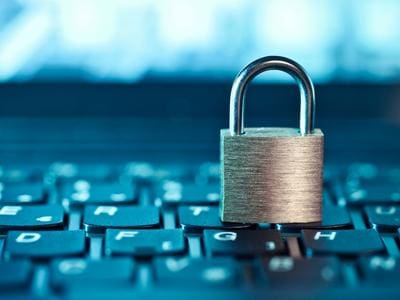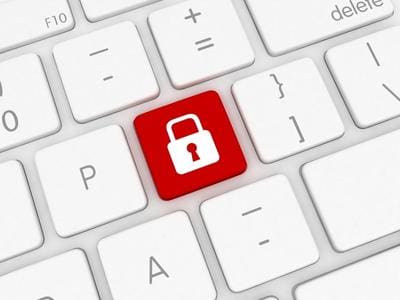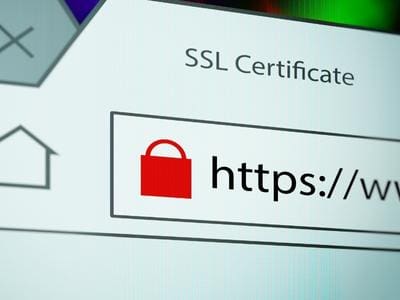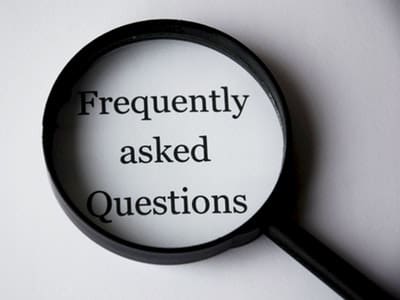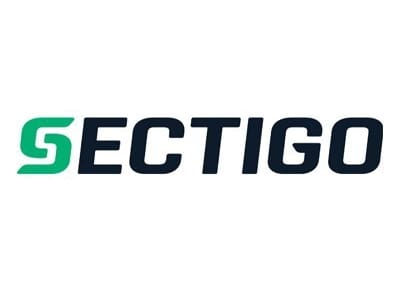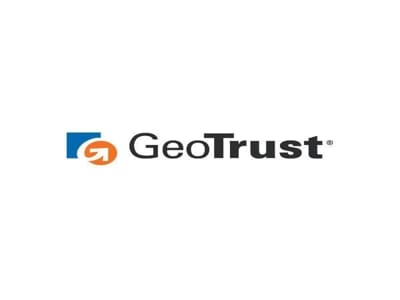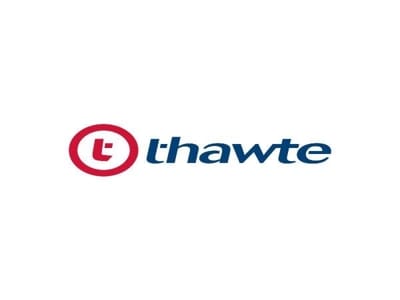DV SSL Certificates (DV stands for Domain Validation) grants standard encryption while displaying the padlock indicator and HTTPS name on the browser address bar. Individuals or SMEs would benefit the most from DV SSL Certificates as it is the most affordable and does not require the hassle of paperwork.
How It Works for Domain Validation?
To obtain the SSL Certificate, the validation is to validate the domain name which is the email verification of the domain name or whois record displayed publicly. If the domain name have purchased ID protect, email verification is not able to validate the whois record email address. Thus, you will need to either one of this admin email address of your domain name to perform the email verification. They are ad***@do****.com, ad***********@do****.com, ho********@do****.com, po********@do****.com, we*******@do****.com.
So the DV SSL Certificates are the simplest to obtain as it can be issued fairly quickly without the need to submit company paperwork.
Pick your Domain Validation DV SSL Certificate..
Here are the list of DV SSL Certificates which include Single SSL, Wildcard SSL and Multi-domain SSL. Toggle the header to ascending order or descending order. Checkbox the “Compare” button to compare the different feature of the DV SSL Certificates.
*Below table scroll left and right to view more content.
3 Types of DV SSL Certificates
 Single Domain DV SSL Certificates
Single Domain DV SSL Certificates
Covering single common name such as mail.yourdomain.com or yourdomain.com
 Wildcard Domain DV SSL Certificates
Wildcard Domain DV SSL Certificates
Covering unlimited sub-domain name of a common name such as *.yourdomain.com or *.sub.yourdomain.com
 Multi-Domain DV SSL Certificates
Multi-Domain DV SSL Certificates
Covering different domain name or common name such as yourdomain.com or sub.yourdomainA.com or mail.yourdomainB.com
Technical Features
- 2048+ Bit SHA2 SSL/TLS Public Key Encryption
- Robust Encryption Strength Up to 256-bit
- Establishes a Secure Connection Between a Browser and a Server
- Places a Padlock Next to Your Web Address in the Browser
- Can Secure Both WWW and Non-WWW Domains
- Alternative Options Such as Wildcard and Multi-domain Features
- Fast Online Automated Validation: No Paperwork, No Faxes, No Delay
- Carryover Coverage Added Up To 60 Days
- Improves Search Engine Ranking
- Issuance Within Minutes
- Compatible With 99.9% of the Most Trusted Web and Mobile Browsers
- Free Trust Logo Site Seal to Improve Customer Conversion
- Up to USD500,000 Relying Party Warranty
- Can Be Reissued as Many Times as Needed During the Validity Period
- 7-day Money-back Guarantee
Let's Discuss Which SSL Certificates Suit Your Business!
Domain Validation DV SSL Certificates Information
In order to issue Domain Validation DV SSL, you must have the administrator email address access for domain control validation (DCV) process.
Example of administrator email list:
admin@domain, administrator@domain, hostmaster@domain, postmaster@domain, webmaster@domain
If you don’t have the domain administrator email address, another method is used WHOIS record email address for DCV process, you can check your domain WHOIS record email address at https://www.whois.com/whois/ / https://lookup.icann.org
This is the sample of WHOIS record email address:

DCV email will send to domain administrator email / WHOIS record email.
DV SSL will issue within a few minutes such as DCV email verification is done.
Single Domain SSL Certificates is to secure your base domain name such as domain.com or secure.domain.com. When come to securing www.domain.com, it also secure domain.com (domain.com is added as a free SAN). So the primary/base domain is added as a free SAN for SSL certificates that begin with “www” as part of the single order SSL certificate during the SSL submission with your CSR file and do not contain subdomains (example: added for www.domain.com, but not added for www.secure.domain.com). So when you are securing your “www” domain, remember that your base domain name need to be added into your CSR file. The free SAN does not count as part of the additional SANs which some single domain SSL certificates allow you to purchase additional SANs in a single domain SSL certificates.
Wildcard SSL Certificates is to secure *.domain.com which also secure domain.com (which is the primary domain name added as a free SAN). The primary domain name is added as a free SAN for wildcard SSL certificate domains without subdomains (e.g., added for *.domain.com, but not added for *.secure.domain.com).
Multi-domain SSL Certificates is to secure few different domain name such as domain1.com, domain2.com, 3.domain.com which are different domain names. Multi-domain SSL certificate normally will comes with 3~4 SANs as a package, if you need more SANs, the SAN can be added for an additional cost.
SAN stands for Subject Alternate Name, in short it will be call as SAN. The certificate is a digital security certificate which allows multiple hostnames to be protected by a single certificate.
You may hear of Unified Communication Certificate (or UCC), a multi-domain certificate, or an Exchange certificate which also refer the same.



